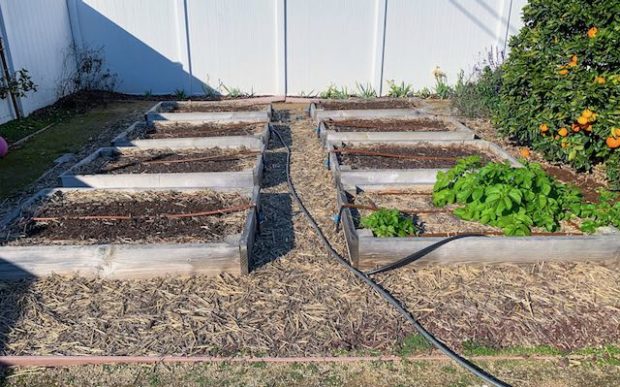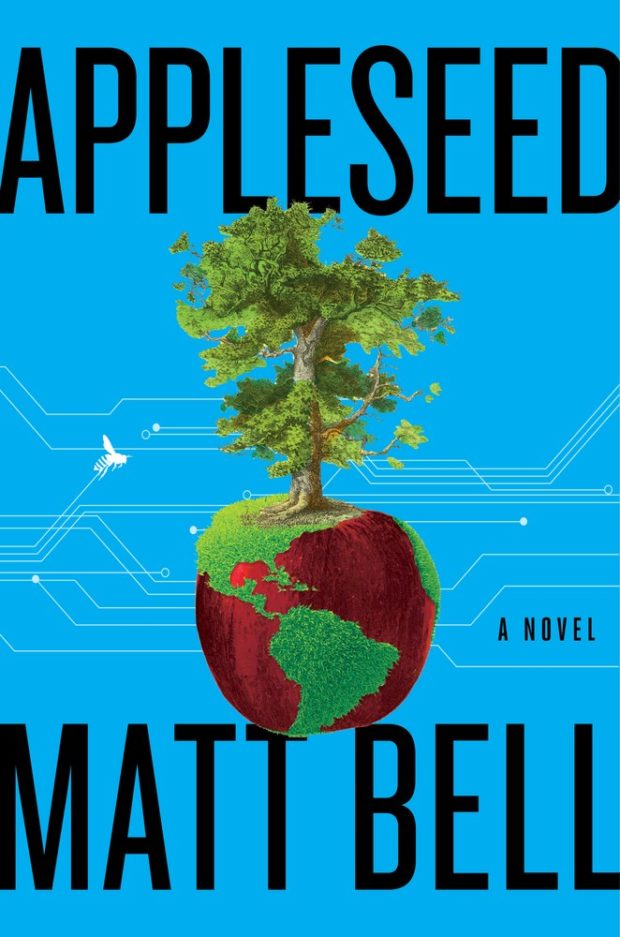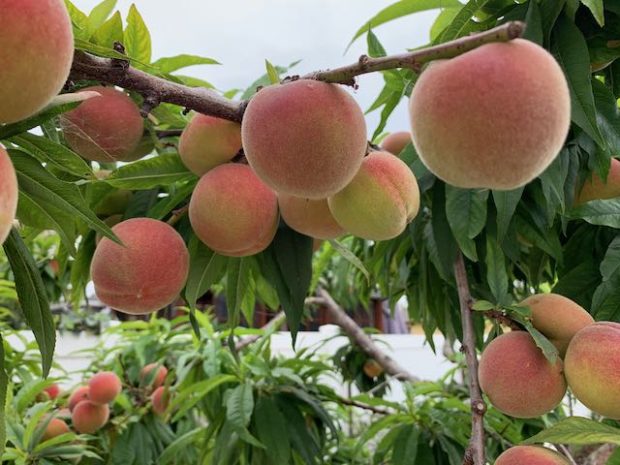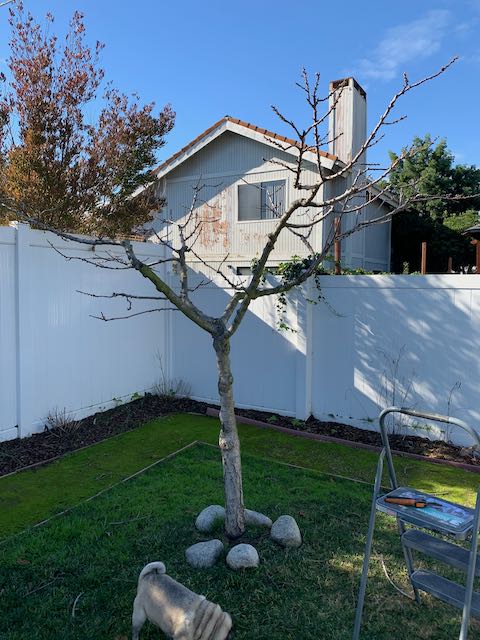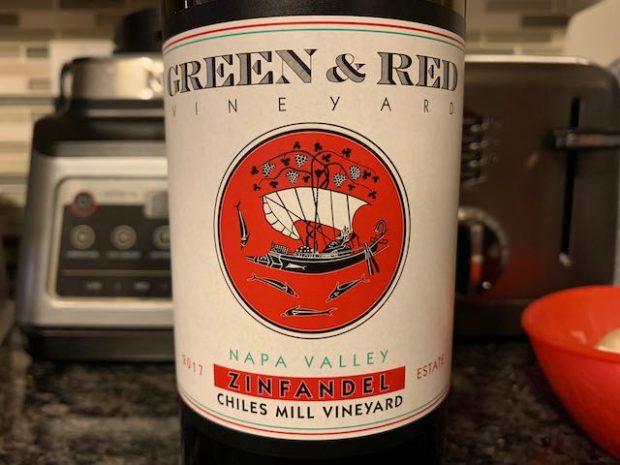Every week, I set aside 1-2 hours for a weekly review. I look back over all the work tasks I’ve completed, see what’s coming up, and plan out the following week. This practice has helped me to maintain balance in my to-do list, reduce anxiety around the annual review process, and ensure that I don’t let important-yet-not-urgent projects fall by the wayside.
I first came across the practice in David Allen’s Getting Things Done. The weekly review is an essential part of my work-week. Without it, I’m given over to things that are current in the moment, “urgent,” or simply top of mind: none of which are accurate indicators for deciding how to prioritize my time. During the review, I look over (and record) the past week’s accomplishments, upcoming tasks, and the time I have available in the coming two weeks. And then like a puzzle, I see what work I can fit into the open slots in my calendar.
For me, the weekly review is a space for reflection. Moreover, it’s a productivity “hack” for reducing my anxiety about the annual review process. Like some academic libraries, our annual review process requires librarians to write a narrative detailing the past year’s progress in three areas: performance, professional development and research, and service. It can be an arduous and soul-devouring exercise. The weekly review, however, helps alleviate the pain somewhat. Having created a weekly record of my accomplishments, when it comes time to work on the annual review (and I begin work four months in advance) I have all the raw material already gathered.
It’s a simple practice that has a huge impact on my work-life balance. By ending the week with reflection and task-organization, I can go into the weekend, having left work behind me, care-free.
[image: The raised beds in my garden are cleared and ready for planting]
